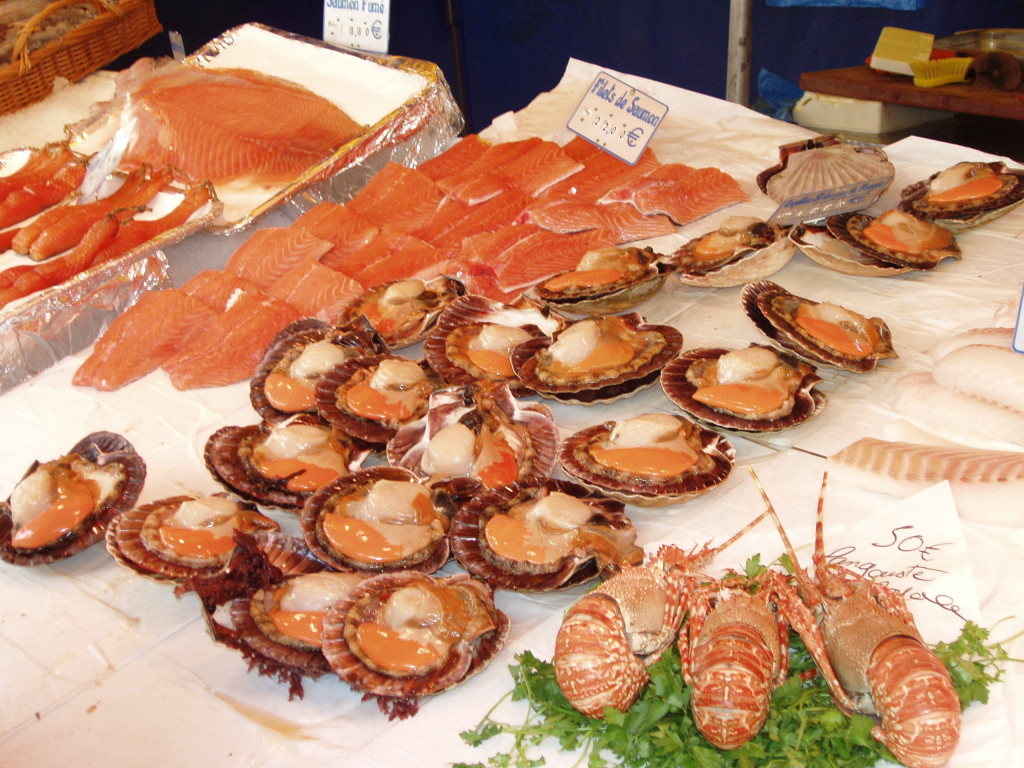If you had acne as a kid, or have a child with the condition, you know that it doesn’t just leave physical scars, but often psychological ones as well. Lots of foods were rumored to spur on acne—chocolate being the prime culprit—but most research studies haven’t found a link.
Now, a New York University study indicates it not so much specific foods, but an overall dietary pattern, that promotes or prevents acne. There’s one exception: fish, which appears to protect against the condition.
In the study, 248 young men and women, age 18 – 25—with and without acne—filled out detailed questionnaires on diet and on acne. Compared to those with no acne, or mild acne, people with moderate to severe acne took in:
- 3 ½ times as much sugar (much of it in the form of added sugar versus naturally-occurring sugar in fruit),
- Nearly double the milk
- Nearly double the saturated fat. (This is the type of fat plentiful in beef, chicken skin, butter, cream, coconut and palm oils.)
- 3 times the amount of trans fat—the most unhealthy form of fat, linked to heart disease, cancer, and deep “visceral” belly fat.
- Only a third as much fish. Men and women free of acne averaged 2 ounces of fish daily compared to those with moderate to severe acne. The amounts aren’t huge—an average of two ounces daily in the acne-free group versus a little less than an ounce in the mild acne group and about half an ounce in the severe acne group. But to the scientists, it was significant.
Why do some food components encourage acne? Researchers speculate that high levels of sugar trigger the release of high levels of the hormone insulin, which, in turn, spur on the release of other hormones that can cause acne. Milk might contribute to acne in the same way—by increasing the sugar load (lactose is the naturally-occurring sugar in milk). Also some of the protein and hormones in milk may stimulate acne-triggering hormones in our bodies. Also, diets high in saturated fat are connected with higher levels of hormones that promote acne. Plus, they promote inflammation, which is associated with acne.
Meanwhile, the omega-3 fats in fish may help prevent pimples by tamping down inflammation. A few small studies support the theory, showing that omega-3 supplements can help treat acne.
Now you—and your family—have yet another reason to eat fish, particularly the omega-3-rich varieties such as arctic char, salmon, sardines and trout.

